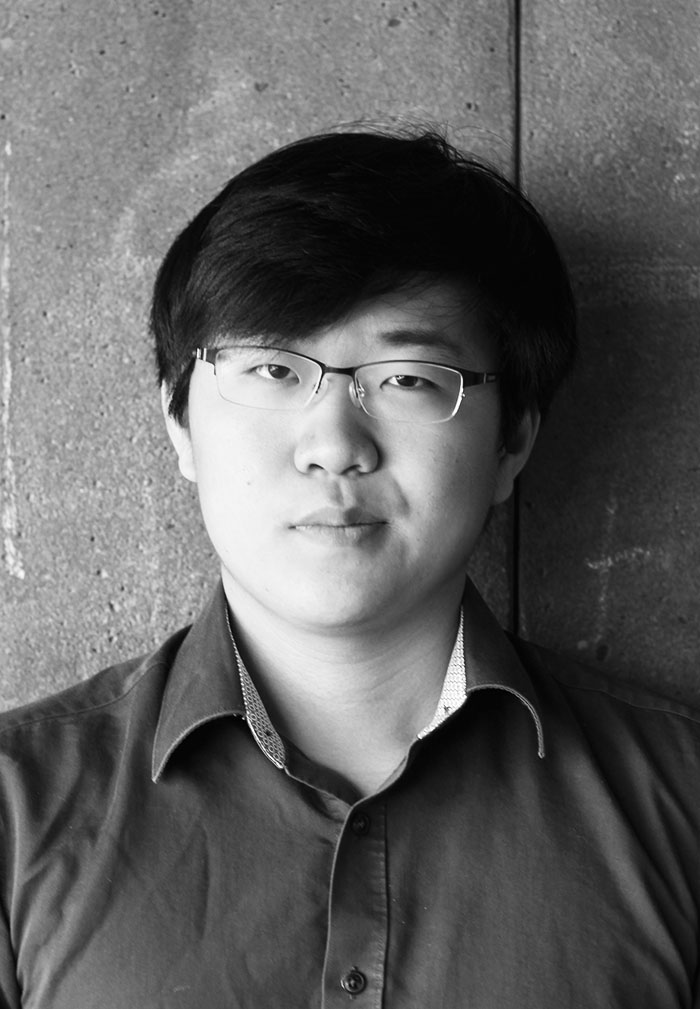As a child, being productive simply meant you were hard-working and diligent. Today, however, productivity seems to signify a golden standard of existence everyone should aim for: It is a concept which is heralded by society. There is an endless source of self-help books and blog posts dedicated to teaching readers how to achieve the divine state of being productive. As for me, however, it is difficult to deny that during my time as a McGill student, the idea of productivity has devolved into nothing more than a measurement of how many pages of lecture notes I can get through in a typical night at the library.
Attempting to broaden my outlook on the subject, I took an online survey which was supposed to measure my level of productivity. Only four questions in, I got an idea of where the results were headed: I am not very productive. However, putting aside any judgements of my character, it was abundantly clear that the survey was asking common sense questions to draw an arbitrary verdict about my work habits without taking into account my personal style or thought processes. In a way, this outlines the issues introduced by society’s fixation with productivity: The conversation around it simplifies a complex and subjective concept, often causing an excessive focus on the product of the work rather than the people and processes behind it.
As it stands right now, the limitation behind many of the discussions about productivity is that they try to suggest an ‘ideal way’ to study or to complete tasks. For example, the survey mentioned above seems to highlight organizational habits, such as keeping a clean work space and developing an activity log. While there is no doubt that having a tidy desk or an orderly time schedule may help most people be more efficient, there is also evidence that some people may be able to think more creatively and generate ideas better in a messy environment. Therefore, there are multiple work habits which can function effectively in different situations, based on the task at hand and the worker’s aptitude and personality. This idea is not sufficiently addressed by society’s linear approach towards productivity.
Similarly, another concern is that many of the resources geared towards encouraging productivity seem to be primarily about limiting distractions. This is understandable, as the prominence of online communication and easily-accessible entertainment in today’s world is a large influence that causes people to lose their focus. Yet, simply suggesting tips and devising methods to block out distractions is an overtly simple and short-term solution to the problem, especially in an academic context. In order to cultivate a strong sense of focus, students should try to address the reasons why they are so prone to distractions in the first place. Perhaps they are not enjoying the work, or the method of learning is not right for them. Regardless of the reason, simply trying to block out distractions is unlikely to solve the underlying problems in the long run.
Overall, many of these tips and ideas regarding productivity culminate in an unhealthy focus on the product of the work rather than the working process itself. When students get too caught up on trying to learn efficiently by trying to limit distractions and follow tight schedules, education can become sidelined as students race to memorize as much information in a given time, rather than actively absorb knowledge. Some traditional ways of teaching, such as interactive discussions, are less productive in the sense that they don’t allow students to acquire the maximum amount of raw information in the fastest time; however, they encourage internalization of the information, and therefore should not be abandoned in the pursuit of productivity.
With finals season looming, students should loosen their fixation on productivity, or at least the generic kind of productivity that is encouraged by society. Instead, they should look to cultivate study habits that accentuate their personal strengths and allow them to truly immerse themselves in their studies, ultimately building the path to becoming stronger learners in the long run.










